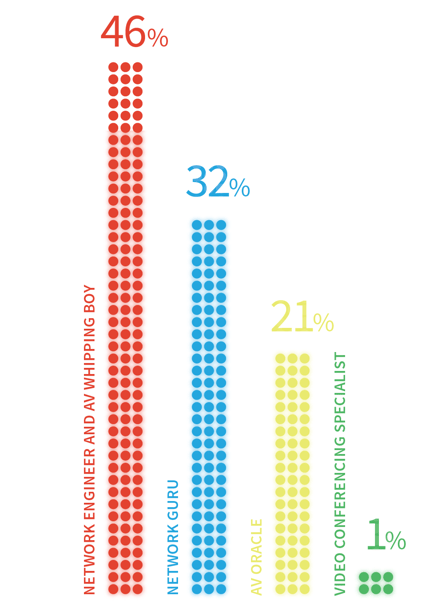
SUMMARY
Unified communications (UC) has been influencing businesses both large and small since its birth in the 1980s (introduction of voice messaging and interactive voice response systems). From its origin, this industry has continued to grow, evolve and advance. However, the more recent advent of a new breed of collaboration tools have been disrupting large, established business models and forcing companies, and their employees, to quickly adapt and innovate – or be left behind. Now, more than ever, we’re anticipating an increase in impressive headlines and forecasting like;

- “Mobile Unified Communications and Collaboration Market Worth $17.38 Billion by 2019” – Oct. 2014
- “Web conferencing software and services are forecast to grow at a 5-year CAGR of 8.4% to reach $3.6 billion in 2020” – Jan. 2016
- “Vendor Landscape: Video Conferencing Becomes Key to Collaboration and Employee Experience” – Sept. 2016
Although we have been and will continue to be bombarded with bold statements about industry growth, new technology releases, etc., there is something you will not often find mentioned. Publications rarely discuss how the evolution of the unified communication industry will impact the team who have to support it.
We asked 300+ IT professionals, AV Gurus, Network Engineers, and Video Conferencing Specialists how the changes within the unified communications industry have affected their role, what they are currently experiencing, and what trends they foresee in the not-so-distant future.
We hope this white paper helps you better prepare for the impact that upcoming changes within the unified communication industry will have on you and your IT counterparts.



